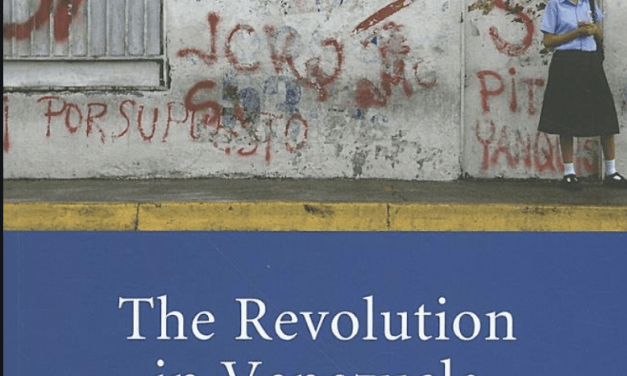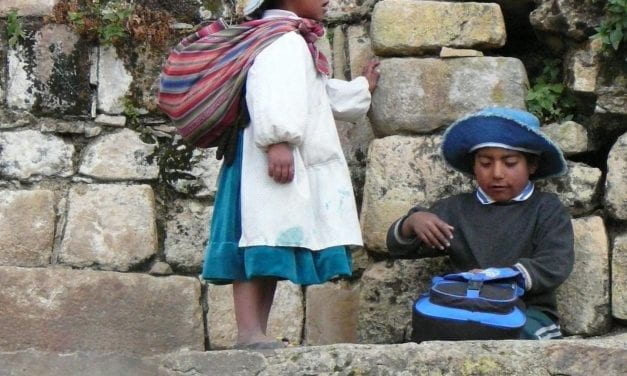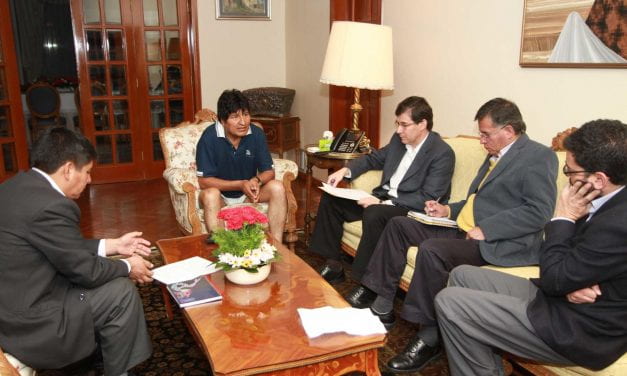The Revolution in Venezuela: Social and Political Change under Chávez
Much of what is written about Venezuela since the election of Hugo Chávez in 1998 tends to be highly polarized, often based on “Manichaean” perceptions of developments in that country, according to one of the editors of this volume. At the extremes, Chávez is viewed as a social revolutionary dedicated to the service of the downtrodden in Latin America or as dictator who threatens regional democracy and security. …
Read More




